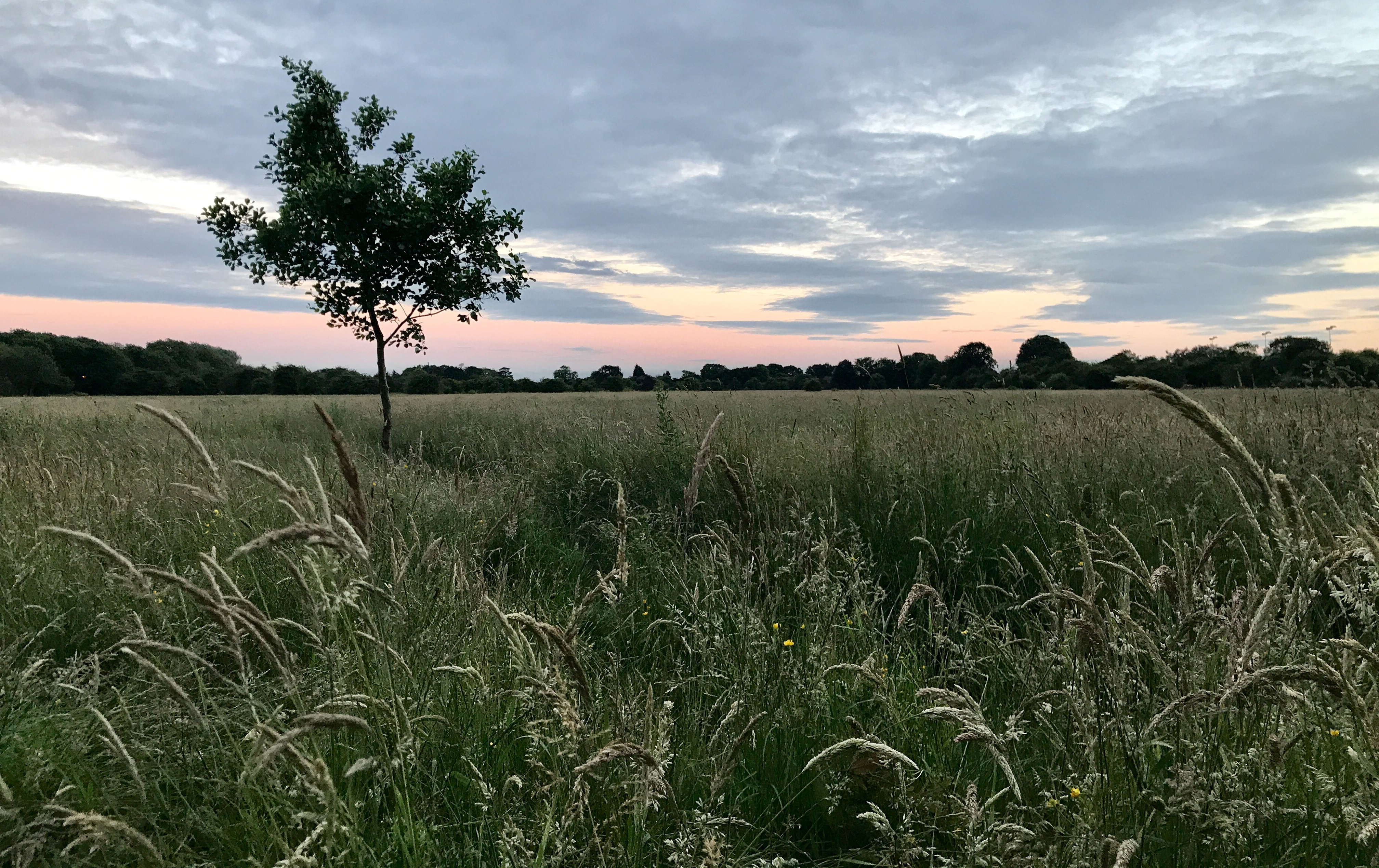Elie Gould
One of the focal points of Joe Biden’s inauguration was Amanda Gorman and the poem she performed, The Hill We Climb. As the inaugural poet, Gorman presented her piece with an eloquence that summarised a hope for a nation that still has time to change, and she did so in roughly five minutes.
Unfortunately, when people try to make a positive and uplifting impact, there will always be those who seek to criticise. This was very much the case for Gorman and her apparently ‘unpoetic’ poem, as journalists like Melanie McDonagh bombarded the internet with less than academic criticisms.
What is important to note here is that criticism is essential. It helps us grow and be better; but where do we draw the line between criticism and blind contempt, and how responsible is the publisher to regulate this?
The Spectator prides themselves on their diversity of writers and ideas, claiming that their “opinions range from left to right”. While I won’t comment on this statement’s validity, it is still an admirable aim as freedom of speech and print is integral to any democracy. Nevertheless, it is also essential that an article like Melanie McDonagh’s is regulated with academic reliability in mind, especially when it claims to be an objective review.
There are numerous instances of baseless comments that are far from academic in this article. The first puzzling example is when McDonagh points out the need to lose the full stop in the line, “Let the globe, if nothing else, say this is true.” Not only is this scraping the bottom of the barrel of literary criticism, but it is also incorrect. If anything the full stop should be replaced by a semi-colon, but that is neither here nor there.
Furthermore, it seems as if McDonagh is confused by the reference to Biblical literature when Gorman writes “we braved the belly of the beast.” This expression derives from the story of Jonah, 1:17-2:10 (KJV), in which is written: “in the belly of the beast.” Biblical phrases are rife in poetry, from explicit examples such as Milton’s Paradise Lost to implicit ones like Percy Bysshe Shelley’s Mask of Anarchy, and the allusion to a rebirth of society like that of Noah’s Ark.
Unfortunately, I am left puzzled by every single remark Melanie makes about The Hill We Climb. Regardless of their reputation, The Spectator should at least attempt to exhibit some integrity for the pieces that they publish. This precedent should especially be the case for a publication that claims to be the “best-written and most influential weekly in the English language.”
This piece of work offers nothing in academic thought of any kind. It is perfectly justifiable to say you dislike a poem but to objectively declare it “just a bit rubbish,” while having no acute sense of poetry and literary criticism is negligent. This review seems to serve only as a mean-spirited nit-pick on what remains a beautiful and incredibly resonant poem.
Categories: Digital Culture, Literature, Poetry


